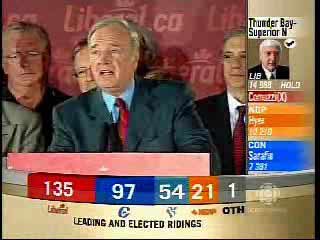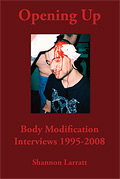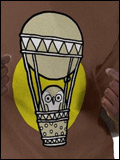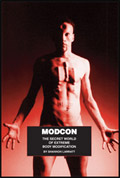I'm going to very quickly explain how the Canadian federal election process works since I'm assuming most people reading this have no idea. We don't vote for a Prime Minister (“President”). We only vote for our local representatives, who then get together and choose a leader. You do vote for a political party though (because those representatives are members of those parties) which has a known leader, although they do have the right to elect a new leader during a term. Oh, and the local ridings the MPs (Members of Parliament) represent are about 1/10th the size of ones in the US, so politicians are still able to know the people voting for them personally.
There are four major parties in Canada. On the far right is the Conservative party. Centrally (although still far more leftist than the US's Democrats for example) we have the Liberal party who have been in power since the early 90s, and on the far left we have the NDP. Finally, there's also the Bloc Quebecois, a pro-Quebec separtist party. The Liberals made a few mistakes (getting wishy-washy on some of their new policies), which drove a lot of votes to the NDP, and in Quebec they had a corruption scandal that drove almost all those ridings to the Bloc.
The end result though of Canada shifting farther left was a splitting of the vote, meaning that a lot more Conservatives were elected even though their support didn't grow that much. Because of this, we now have what is known as a minority government (the first time in my conscious lifetime). Since the Liberals only got 135 seats, they are 20 seats short of what is required to control the government. Which means that they're going to have to strike a deal with the NDP (and others) to work together to make it work. If they don't do so, the other parties could basically sink the government and force a new election.

On the whole I think it's a good result for Canada. The Liberals were sent a strong message both that they're going to have to work harder for Quebec, and that the heart of Canada leads far more to the left than our own neo-cons would have you believe as the NDP developed far, far more new support than the Conservatives did when you look at the overall numbers.



Post a Comment